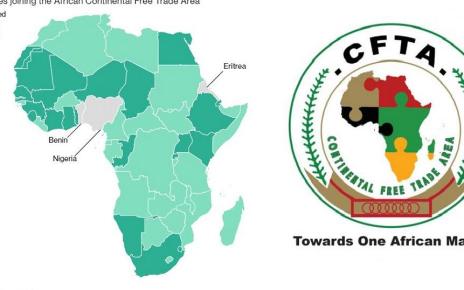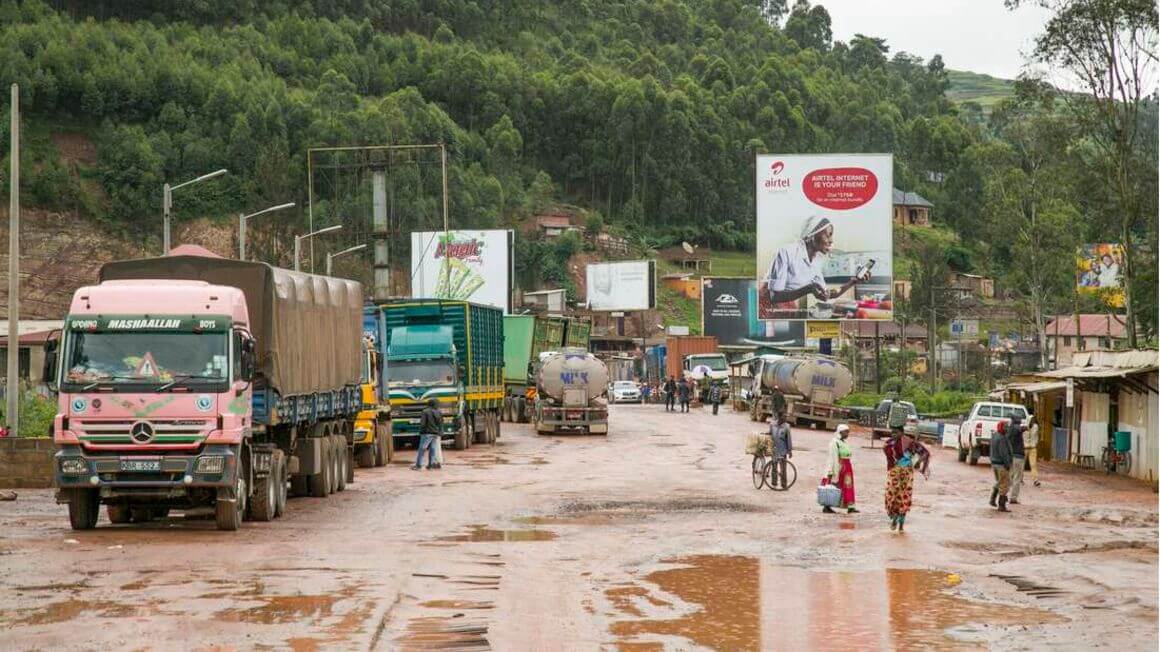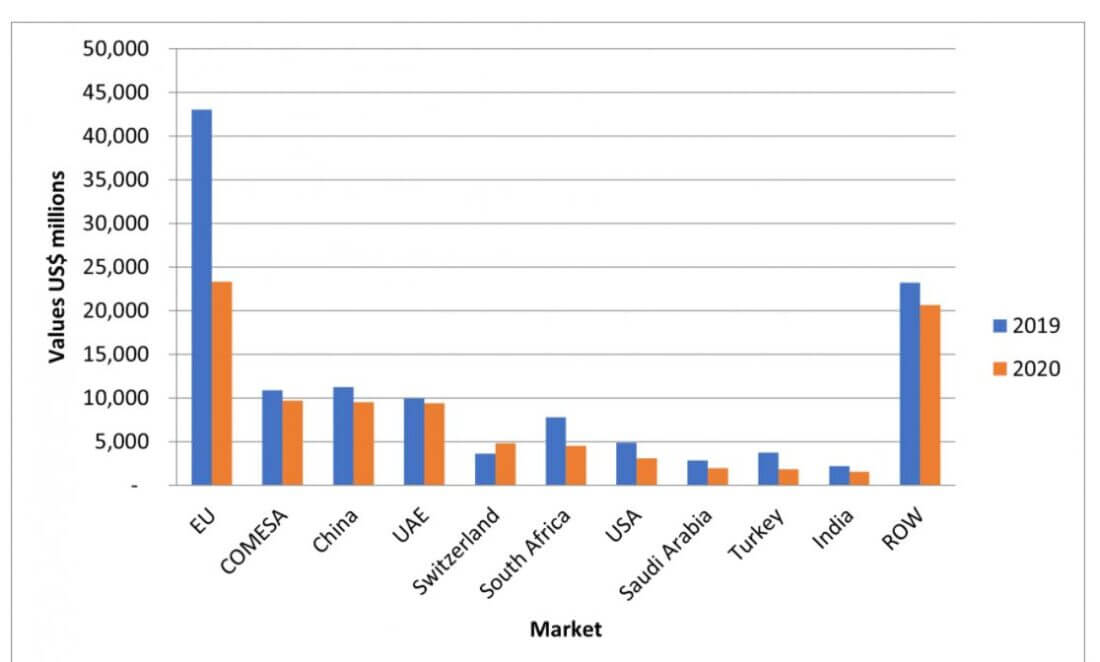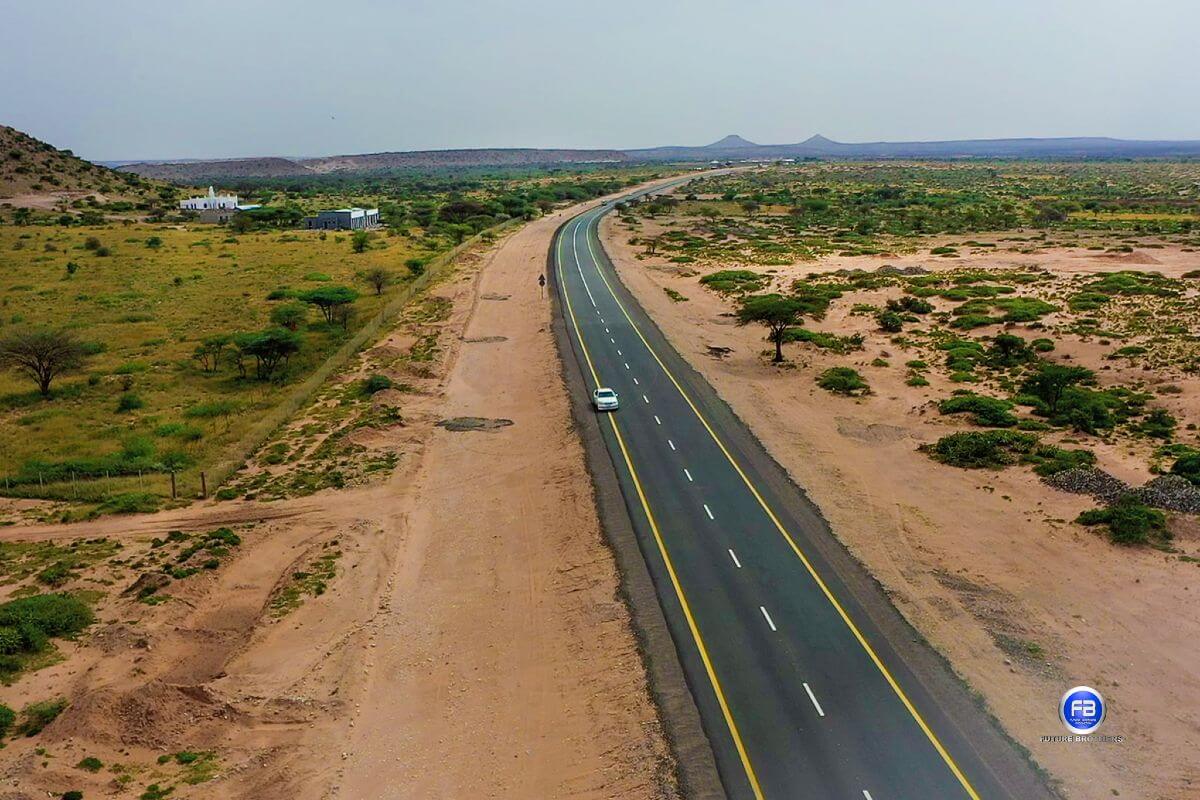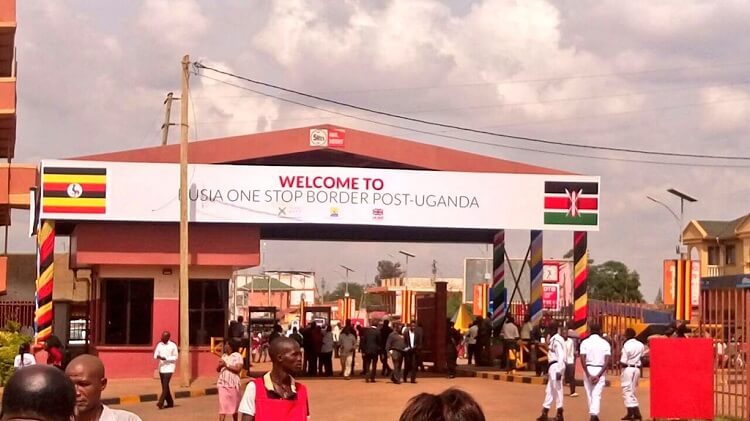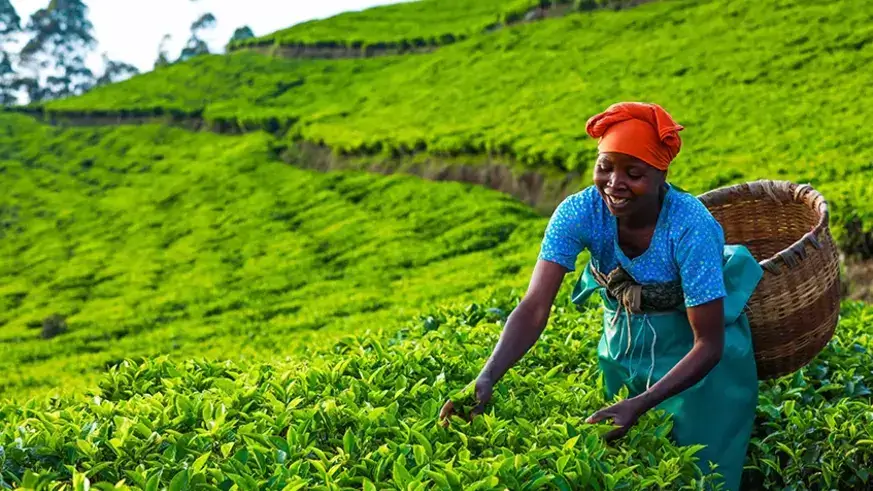Speakers at the ‘Pandenomics’ webinar recently hosted by Nedbank Namibia CIB and Simonis Storm, and supported by Nedbank Business Banking and Nedbank Private Wealth, has called for more people to get vaccinated in order to help fuel economic growth after the impacts of the Covid-19 pandemic. The panellist included: Nedbank Group South Africa Senior Economist, Nicky Weimar; Head of Nedbank Namibia Corporate and Investment Banking (CIB), Dr Edward Turner, Simonis Storm Economist, Theo Klein; and Simonis Storm Managing Director, Bruce Hansen, who also moderated the discussion. During the discussion, Simonis Storm economist, Theo Klein, presented the economic impact and response to the COVID-19 pandemic. The presentation outlined that even though the Namibian economy has been declining for the last six-year, the COVID-19 pandemic, which resulted in the government having to introduce its lockdown policy, amplified the decline. According to the Simonis Storm report, the sectors hit hardest during this period include metal ores, beverages, accommodation, food services, meat processing, basic non-ferrous metals and transport. Growth is however forecasted for these sectors, but only marginally. Economic contractions have also resulted in job loss and retrenchment in these sectors. The presentation outlined that a total of 13,682 Namibians were retrenched between January 2020 and June 2021. Of this number 10,773 retrenchments were due to economic reasons, closure or discontinuation of business, while 2,909 were a direct result of the COVID-19 pandemic. Some of the factors which could lead to short-term economic growth include a higher than average rainfall season, a stronger focus...
Experts discuss the effects of the Covid-19 pandemic on the economy
Posted on: October 18, 2021
Posted on: October 18, 2021



